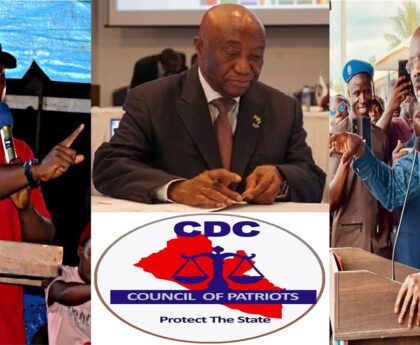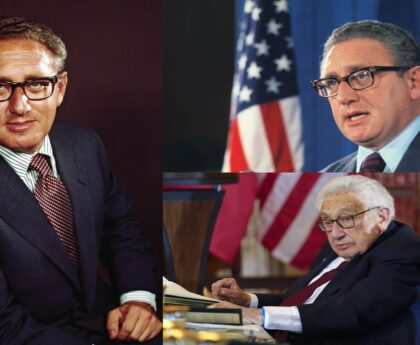Liberia, a nation still recovering from the scars of civil war, is grappling with a new financial challenge as the World Bank takes a drastic step by suspending its access to “unwithdrawn loans.” This move comes in response to the George Weah administration’s failure to service previously disbursed loans, signaling a significant development in the country’s financial landscape.
Liberia, a West African nation, has been working to rebuild its economy and infrastructure after a devastating civil war that ended in 2003. The international community, including the World Bank, has played a crucial role in supporting Liberia’s recovery efforts through financial assistance and development projects.
However, the recent decision by the World Bank reflects growing concerns about the financial management and economic policies of the George Weah administration. The suspension of access to unwithdrawn loans underscores the importance of fiscal responsibility and adherence to loan repayment agreements.
Reasons for Suspension:
The primary reason cited by the World Bank for suspending Liberia’s access to unwithdrawn loans is the failure of the George Weah administration to service previously disbursed loans. Loan repayment is a fundamental aspect of international financial agreements, and defaulting on these commitments can have severe consequences for a country’s economic stability.
The World Bank has expressed its disappointment with Liberia’s lack of progress in meeting its financial obligations. The suspension serves as a warning signal to the Liberian government, emphasizing the need for transparent and responsible financial management to maintain the confidence of international financial institutions.
Impact on Liberia’s Financial Landscape:
The suspension of access to unwithdrawn loans is likely to have a cascading impact on Liberia’s financial landscape. The country heavily relies on international assistance to fund development projects, and the halt in World Bank support could hinder crucial initiatives aimed at infrastructure development, healthcare, and education.
Furthermore, the decision could affect Liberia’s creditworthiness and reputation in the global financial markets. This, in turn, may lead to increased borrowing costs and limited access to international capital, exacerbating the country’s economic challenges.
Government Response and Way Forward:
In response to the World Bank’s suspension, the George Weah administration must take swift and decisive actions to address the underlying issues contributing to the failure in loan repayment. Transparent communication, commitment to financial reforms, and collaboration with international financial institutions are essential to regain trust and resume access to vital funding.
The Liberian government should conduct a thorough review of its financial management practices, implement necessary reforms, and prioritize debt servicing to demonstrate its commitment to fiscal responsibility. Engaging in open dialogue with the World Bank and other stakeholders is crucial to finding a sustainable solution to the current financial challenges.
Conclusion:
Liberia’s suspension of access to unwithdrawn loans by the World Bank highlights the critical importance of responsible financial management in the global arena. The George Weah administration faces the daunting task of rectifying its fiscal policies and honoring its loan repayment commitments to mitigate the adverse effects on the country’s development prospects. As Liberia navigates this setback, collaboration with international partners and a commitment to financial accountability will be essential for a successful recovery and a brighter economic future.




